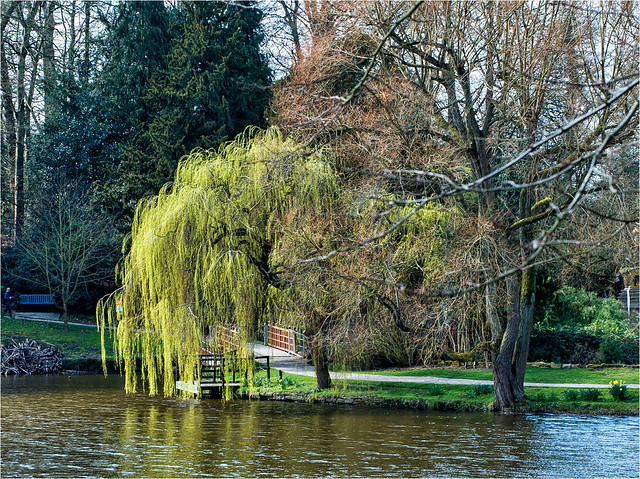
Custom Search
Howdy, Stranger!
It looks like you're new here. If you want to get involved, click one of these buttons!
Categories
- 3.4K All Categories
- 35 Nikon Z lenses
- 82 Nikon Z cameras
- 1.4K Nikon DSLR cameras
- 11 Df
- 237 D6x0/D7x0/D8x0
- 27 D300/D300s/D500
- 29 D3x00
- 45 D3/D4/D5
- 31 D5x00
- 95 D90/D7x00
- 388 Nikon Lenses
- 9 Videos, Nikon et. al.
- 52 Nikon 1
- 18 Nikon Film Cameras
- 56 Nikon Flashes
- 25 Nikon Compact Cameras
- 49 Nikon Software
- 26 Nikon Deals
- 767 General Discussions
- 49 Gear Reviews
- 182 Other Manufacturers
- 105 Fun & Weird
- 128 Photo-a-day
In this Discussion
Who's Online (0)
Glass vers Body
Disclaimer: This site has no affiliation with Nikon Corporation or any of its subsidiary.
Disclosure: [NR] is sponsored by displaying advertising banners and links.
All trademarks and brands belong to their respective owners.
Want to advertise on NikonRumors.com? Contact [NR].
Copyright © 2008-2017 NikonRumors.com.
See our Privacy Policy.
Disclosure: [NR] is sponsored by displaying advertising banners and links.
All trademarks and brands belong to their respective owners.
Want to advertise on NikonRumors.com? Contact [NR].
Copyright © 2008-2017 NikonRumors.com.
See our Privacy Policy.


Comments
So if someone has some photo-bucks they want to spend, often the advice given to them is to look first at the glass.
I think we have agreed, with a few exceptions, Nikon don't make any bad glass
Today people want, high resolution, high ISO, and dynamic range, fast accurate focusing and exposure
An old body is unlikely to deliver this
IMHO the biggest cause of unsharp pictures is camera shake
take a modern camera, set to Auto ISO and it is difficult to suffer from camera shake
Ok if you are using an old third party lens , that is a different matter
If your choice is between full frame cameras with superzooms and better glass/cheaper camera, then I have no hesitation telling anybody to get the f4 zooms and spend what is left over on the camera (or some variation on that theme).
Personally, I would not buy a full frame camera until I could afford the 1.8 primes, but now I am getting into personal preferences.
If you want to win a motor race
you need a fast car AND a fast driver
having just one, is not a winning formula
In the day of film, glass was what mattered
but in the digital age the camera is equally important
quite a few, full time professional new photographers, use a D4 and superzoom
I suspect that over time, the camera will matter less and the lens more. Digital is an interesting aberration in that for most of digital's life, the lenses have been much better than the sensors/film, so an upgrade to the sensor (and camera) does make a real improvement.
However, I think that sensors are getting close to hitting a plateau with differences between generations starting to decline. In ten years, I believe that the sensors will be mostly the same. I suspect that all F-mount cameras, including entry level models, will have 36 megapixel or better FX sensors.
At that time, the reason to upgrade to a better camera model will be little about image quality and more about features. I see value in this. I like the features on my D800 and will likely stay at a professional level, even if the IQ advantage is small.
So for me the financial impact as also an influx, I am still on oxygen after two years, getting over the loss I took with a D3X. Just glad it was not a Hasselblad Digital body, I would have needed Entonox gas for that one.
A D810 + Nikon 50 F1.8 G vs. a D810 + Sigma 50 1.4 Art - I think you will see a difference in IQ.
In some situations you may not see a lot in the final output. But if you look at the RAW file I think it is there.
I used to shoot a D90 with an 18-200. Over time I started accumulating better lenses (105mm 17-35, 70-200) and noticed a huge difference at similar focal lengths.
A couple of years later I purchased a D800 and noticed a change that was just as, if not more dramatic.
Anyhow, I can see how older "consumer"-lenses are outperformed on new bodies, while good lenses just give you every last inch of performance from your old body. If one has money for both at the same time, then that's the best solution, of course!